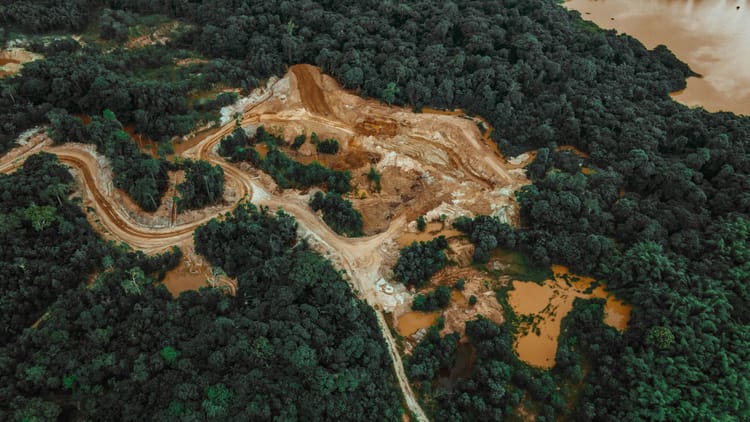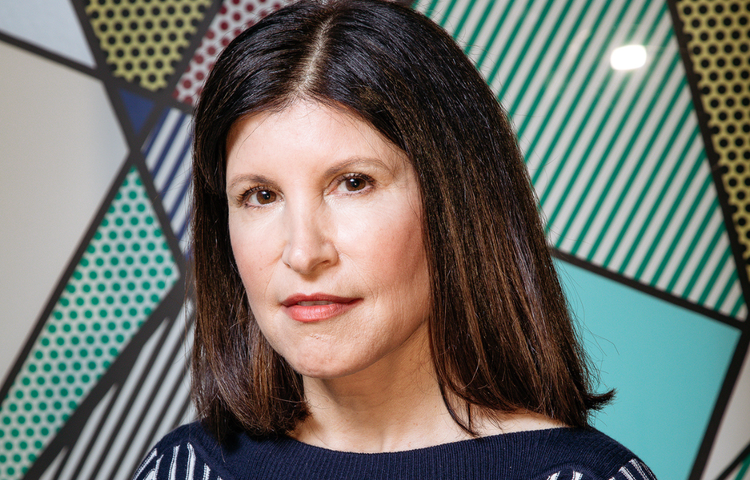GCC firms are formalising sustainability efforts with CSO appointments

Almost half of large firms in the Gulf Cooperation Council (GCC) already have a Chief Sustainability Officer or plan to appoint one in the next 12 months, according to a PwC survey highlighting sustainability progress in the region.
The survey, which mostly focused on firms with more than US$100 million in revenue in the United Arab Emirates (UAE), Saudi Arabia and Qatar, suggests that Dubai’s COP28 served as a catalyst for sustainability action in the region: more than three-quarters of respondents have now either made a net zero commitment or are working towards it, compared to 66% last year and 60% in 2022.
Beyond net zero targets, four in five executives (79%) said they have a formal sustainability strategy in place, with 52% fully embedding across their organisation.
48% of GCC companies have or plan to have a Chief Sustainability Officer
This is reflected in the number of firms that have created a Chief Sustainability Officer role in the past year: about 38% of them say they now have a CSO, while 10% plan to recruit one in the next year.
The role entails both setting the sustainability strategy and overseeing reporting for more than 90% of respondents, but it also involves many other aspects: almost 80% of respondents indicated that their sustainability leadership role covered seven or more activities, from sustainability governance to decarbonisation planning and marketing activities.
Improving transparency around sustainability goals
Progress in formalising sustainability efforts comes with an increase in sustainability reporting, too: just over 40% of respondents said their companies produce full sustainability reports, while a further 24% disclose selected sustainability or ESG metrics. (In 2022, only 26% respondents believed transparency and reporting to be a top priority.)
However, challenges remain, particularly around the skill set needed to decipher and choose between multiple reporting standards: a quarter of firms in the region select between six and eight different reporting standards to guide their disclosures.
As a result, almost 80% of companies included in the survey cite “knowledge of sustainability reporting and regulations” as a key requirement for future talent.
Yahya Anouti, PwC Middle East Sustainability leader, said: “Businesses and government leaders in the Middle East are increasingly committed to tackling the climate crisis and adopting circular economy principles. Leveraging our region’s competitive advantage in renewable energy is key. Both governments and the private sector must collectively continue prioritising responsible investments and embrace advanced technologies to drive innovative climate solutions. It’s crucial for business leaders to understand that sustainability actions can not only generate a return on investment but also boost profitability.”







Member discussion